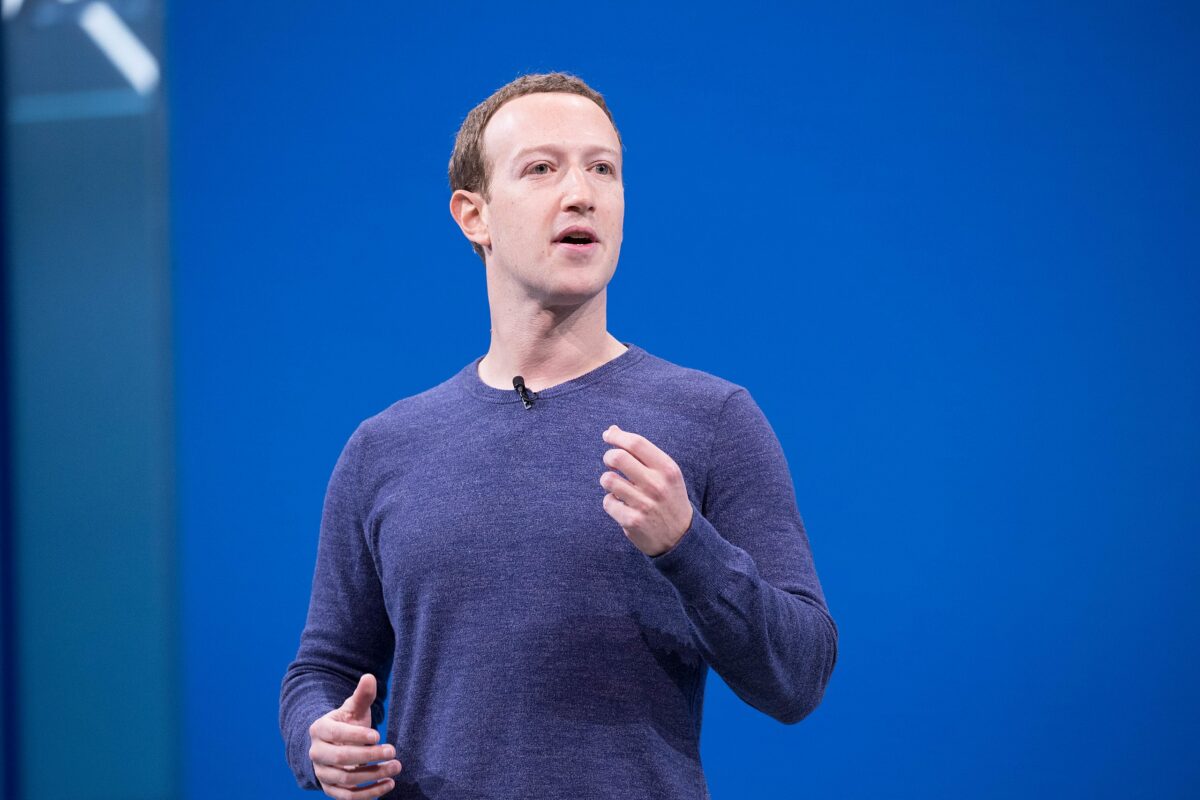Reporting on Friday revealed that Facebook knowingly allowed a digital marketing firm tied to a pro-Trump group to release a series of ads purporting to be from a fake left-wing organization ahead of the 2018 midterm elections, while election officials failed to investigate the group at the time.
As The Guardian reported, a right-wing marketing firm called Rally Forge ran a $5,000 ad campaign beginning just days before the 2018 election, showing ads promoting Green Party candidates in an effort to split the Democratic vote and help Republicans in several close races. The ads were purported to be placed by a group called America Progress Now and expressed support for democratic socialism.
Facebook launched an investigation into the ads just after the election and quickly determined that America Progress Now’s official page on the platform was run by the same three men—Jake Hoffman, Connor Clegg, and Colton Duncan—who were administrators for Turning Point USA, the pro-Trump college organization.
To the alarm of a number of Facebook employees, The Guardian reported, the company did not find Rally Forge or Turning Point USA to be in violation of any of its policies.
One product manager at the time said a case could be made for Rally Forge and Turning Point USA having engaged in voter suppression through the ads, and asked, “Can we strengthen our ads transparency policies so that political ads are indeed transparent to the user?”
After the election, Facebook deactivated several other right-wing accounts run by the administrators, but the move did not stop Rally Forge from establishing a “troll farm” out of Phoenix, Arizona in 2020. Working for Turning Point Action, a group linked to Turning Point USA, the firm hired teenagers to post pro-Trump messages on social media, some of which cast doubt on the integrity of the election system.
Sophie Zhang, a former Facebook employee who participated in the investigation of the fake Green Party ads, wrote on Twitter Friday, “One wonders if [Rally Forge] would have escalated to troll farms, had FB deterred them in 2018.”
Beyond Facebook’s decision to allow the firm to remain on Facebook after determining the ads were fraudulent, the ads “appeared to violate federal laws that require independent expenditures to be filed with the [Federal Election Commission] and include proper disclosures on advertisements,” The Guardian reported.
“This is an example of why disclosure is so important in elections: swing state voters who saw ‘America Progress Now’ ads promoting Green party candidates would’ve had no idea that they were the handiwork of Republican political operatives,” Brendan Fischer, director of federal reform at CLC, told The Guardian.
The Campaign Legal Center (CLC) filed a complaint with the FEC in 2019 over America Progress Now and the administrators’ failure to disclose the true source of the Facebook ads, only to have the case dismissed before the FEC could conduct an investigation.
The election commissioners declined to look further into the complaint after a man named Evan Muhlstein contacted them to take full responsibility to the ads, claiming he alone had failed to file the ad expenditures with the FEC and saying his “inexperience” was to blame.
“The FEC’s job is to enforce the transparency laws and protect voters’ right to know who is trying to influence them, but the agency here failed to conduct even a minimal investigation,” Fischer said.
According to former FEC Commissioner Ann Ravel, who served on the commission from 2013 to 2017, Muhlstein’s admission to the FEC appeared to amount to “clear fraud,” as he never disclosed to the officials that the ads had been the work of Rally Forge.
At the time, though, Muhlstein’s claim was enough to convince at least one FEC commissioner, James “Trey” Trainor, that the CLC had engaged in “wild speculation” by filing a complaint.
“This case wasn’t about a ‘fake political group … exploit[ing] Facebook rules … and hid[ing] spending from the FEC,'” Trainor wrote. “In fact, APN was established by an unsophisticated individual trying to show his support for several third-party candidates, but he got tripped by the myriad regulations governing online political speech.”
Zhang denounced the FEC for failing to contact Facebook regarding Muhlstein’s claim to verify that he’d administered the America Progress Now page—a cursory investigation which would have immediately revealed the true owners of the page.
“It’s quite possible that FB would have blown the FEC off,” Zhang said. “But many employees were upset over this case, and may have come forward if asked. I would likely have if I’d known.”
“In the end, this is a story about Facebook, the FEC, and broken systems,” she added. “Now it’s time for the FEC to prove that perverting justice has consequences.”
